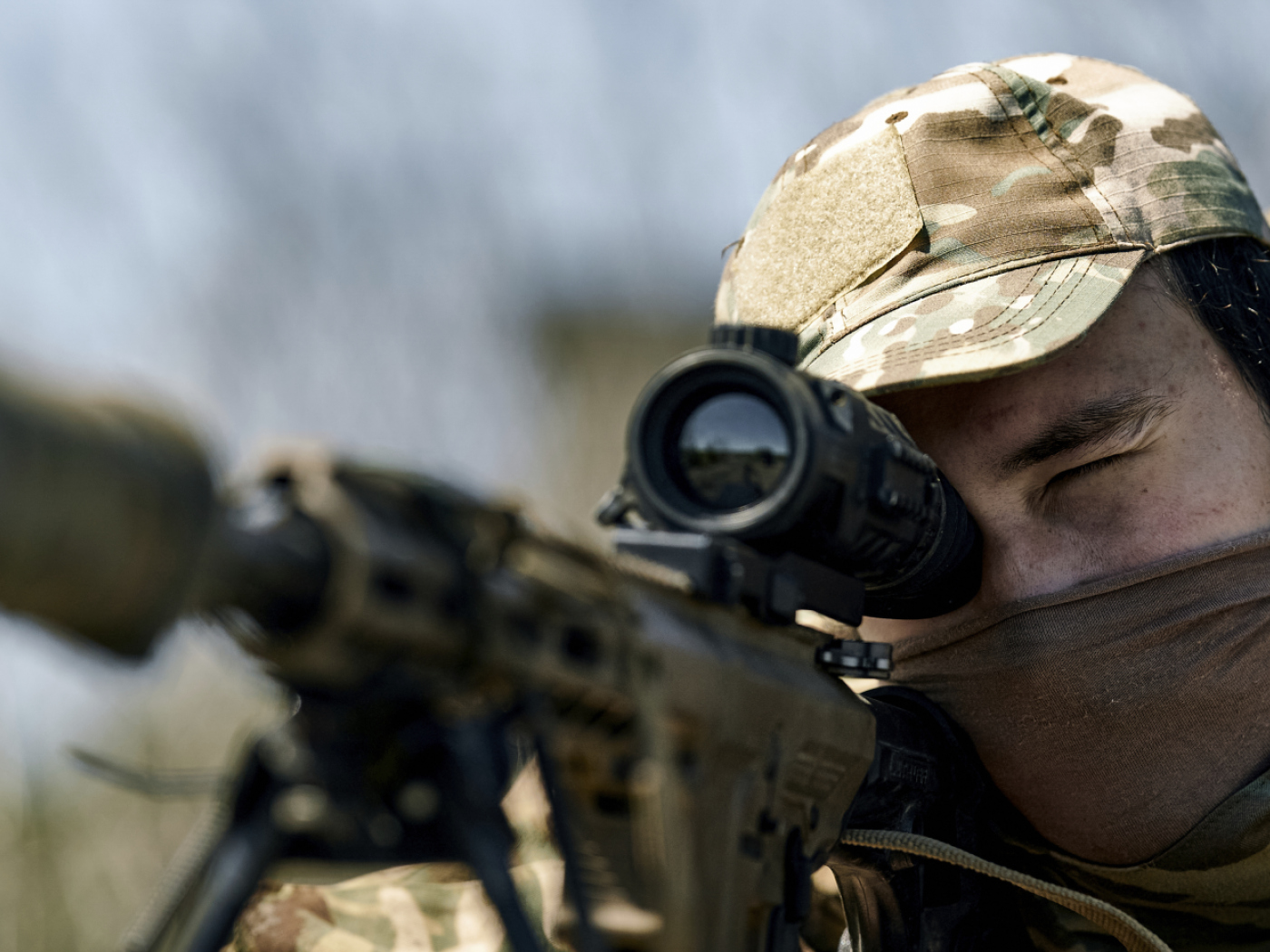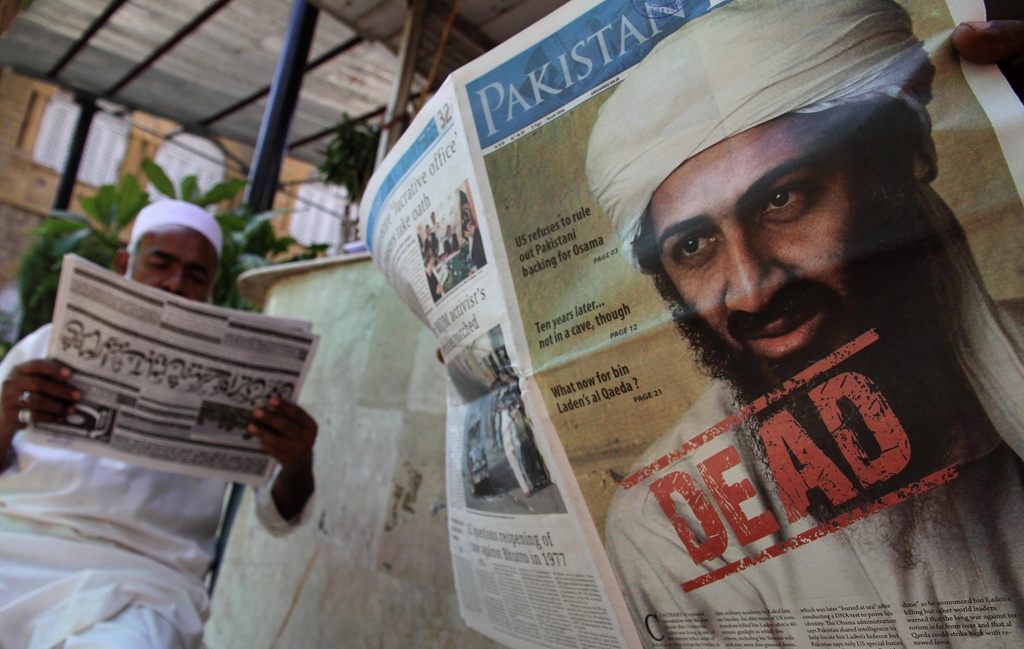Understanding freedom post-September 11

The September 11 terrorist attacks have impacted on personal liberties but failed to stop Arab nations moving towards the democracy advocated by the West.
Ten years after the attacks in the United States, swissinfo.ch asked three experts what they saw as the main consequences.
Afghanistan was the first target after the 2001 attacks, in an immediate reaction by a wounded America and its allies. Then it was the turn of Iraq, for reasons that are still being debated. Officially, the war was part of the fight against terror and a pro-democracy move. Others say it was about gaining control of oil and the geostrategic positioning of the US.
The attacks became wars – which are still ongoing and in the process have destabilised surrounding regions. Al-Qaida continues to exist, a splintered group under whose umbrella name various extremists cells have been operating. In the West, there were further attacks in London and Madrid with hundreds killed.
But the 2001 attacks have failed in one respect, according to Xavier Colin, a political journalist at Swiss television.
“On September 12, 2001, we thought some democracies, including ours, were in danger and could fall under these kinds of attacks. Ten years on, it’s not the case. No democracies have fallen. In fact, this has been [Osama] Bin Laden’s first defeat,” said Colin.
“However, Bin Laden has succeeded in causing problems. It was feared there would be a clash of civilisations, the West pitted against the rest of the world, one religion against another: none of this happened.
“But there was a price to pay. And it was almost a deal of ‘freedom versus security’. Americans, and Europeans too, have exchanged part of their freedom of movement for a security that is relative.”
Civil liberties
The Patriot Act – legislation giving federal agencies extraordinary powers – was passed by the US Congress and signed by George W. Bush on October 26, 2001. Key parts of the legislation were passed again in May by President Barack Obama.
“Civil liberties have been reduced. The most obvious case was Guantanamo, where we saw people end up in camps which, for historians, really evoked concentration camps,” said Daniele Ganser, history professor at Basel University.
Some say it’s the general public who have been affected, coming under the eye of Big Brother. Dick Marty, a member of the Swiss Senate, has said: “We are using terrorism to create fear and restrict basic freedom.”
“Dick Marty is absolutely right. This is also becoming an issue in the United States,” said Jacques Baud, head of policy in the United Nations department of peacekeeping operations, in New York.
Ganser agrees. “Removing civil liberties in the name of security still works well. In principle, people always oppose it. But if one presents the threat of major danger, terrorism in this case, people agree to give up some of their freedoms.”
Colin has an example. “You go to the US with a computer and your mobile phone. Under the current law, American officials have the right to seize them, to wipe them of their contents, to transfer the contents to their own machines, then to give your belongings back – or not.”
“I wonder if in fact this sort of thing is part of the real fight against terrorism.”
Understanding terrorism
“Violence in general is a problem in our society: what we saw recently in Oslo, and that of September 11, and the wars in Afghanistan, Iraq, Libya. All these forms of violence are related, in part because those who are involved in the violence are convinced that problems have to be solved by military means,” said Ganser, a specialist in peace research.
For Baud, who worked for the Swiss intelligence service, the security response has been moving in the “wrong direction”. Recent attacks in Norway in which a Norwegian killed young people at a labour party event, pointed to a rise in other types of extremist, he said.
“Islamic terrorism has masked many other problems that we should have dealt with. And then there is the lack of understanding about the mechanisms of terrorism. We thought there was a desire to destroy the West, but we are seeing that that is not the case,” he said.
Baud explains that in misunderstanding the causes of terrorism, the West has regularly provided it with reasons to exist. Why did September 11 happen? Simply because of America’s presence in Saudi Arabia after the first Gulf war, he argues.
Today the problem persists. “We have not deterred the terrorists: they have simply moved their focus elsewhere. Today in Afghanistan there are Islamic fighters from Germany, Britain, Sudan, Libya… We have not lessened people’s willingness to go and fight for jihad,” he said.
Democracy
The Arab Spring is another sign that Bin Laden has failed, says Colin.
“None of the young protestors were carrying photos of Bin Laden. These young people are showing that the only way to fight dictators is by democratic means and not terrorism,” he said.
“The Arab Spring is very important because it shows us that these Muslim countries are not synonymous with al-Qaeda or dictators, but that there is another way, one with a population that dreams of democracy and economy solidarity,” added Ganser.
Jacques Baud
Head of policy and doctrine at the department of peacekeeping operations at the UN, for which he had already accomplished many missions on the ground. A Swiss army colonel, he worked for the Swiss intelligence services from 1983-1990 and has written several works on the world of terrorism and intelligence.
Xavier Colin
Produces the Geopolitics programme at Swiss French television, which he joined in 1987. He has been a legal columnist, a correspondent and head of the international desk. He previously worked for the French radio station Europe 1.
Daniele Ganser
Doctor in history and specialist in peace research, he teaches at Basel University. He has notably published a book on Nato’s secret armies.
There have been changes to Swiss security in recent years, such as biometric passports and the sharing of passenger data by air companies with American authorities. “If these measures are effective, that’s fine, but I am not sure that anyone could name one case in which a terrorist was arrested at an airport because of his passport,” said journalist Xavier Colin.
The requirement for people to register for a phone with a prepaid top up card, as used by some terrorists, is not arbitrary. “We are finding out now that it was the Swiss who discovered these systems and collaborated first with British authorities, then the Americans, in the hunt for terrorists like Khalid Sheikh Mohammed,” said Colin.
(Translated from French by Jessica Dacey)

In compliance with the JTI standards
More: SWI swissinfo.ch certified by the Journalism Trust Initiative












You can find an overview of ongoing debates with our journalists here . Please join us!
If you want to start a conversation about a topic raised in this article or want to report factual errors, email us at english@swissinfo.ch.